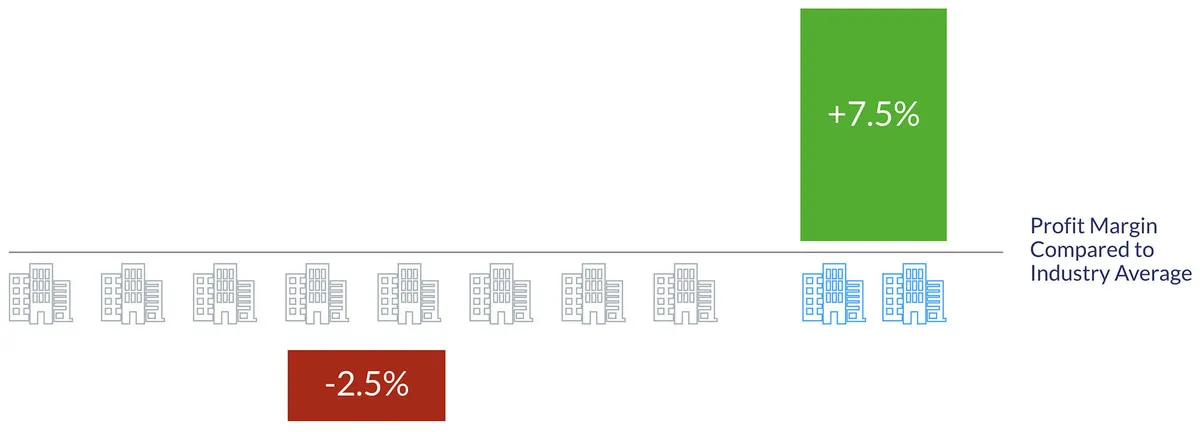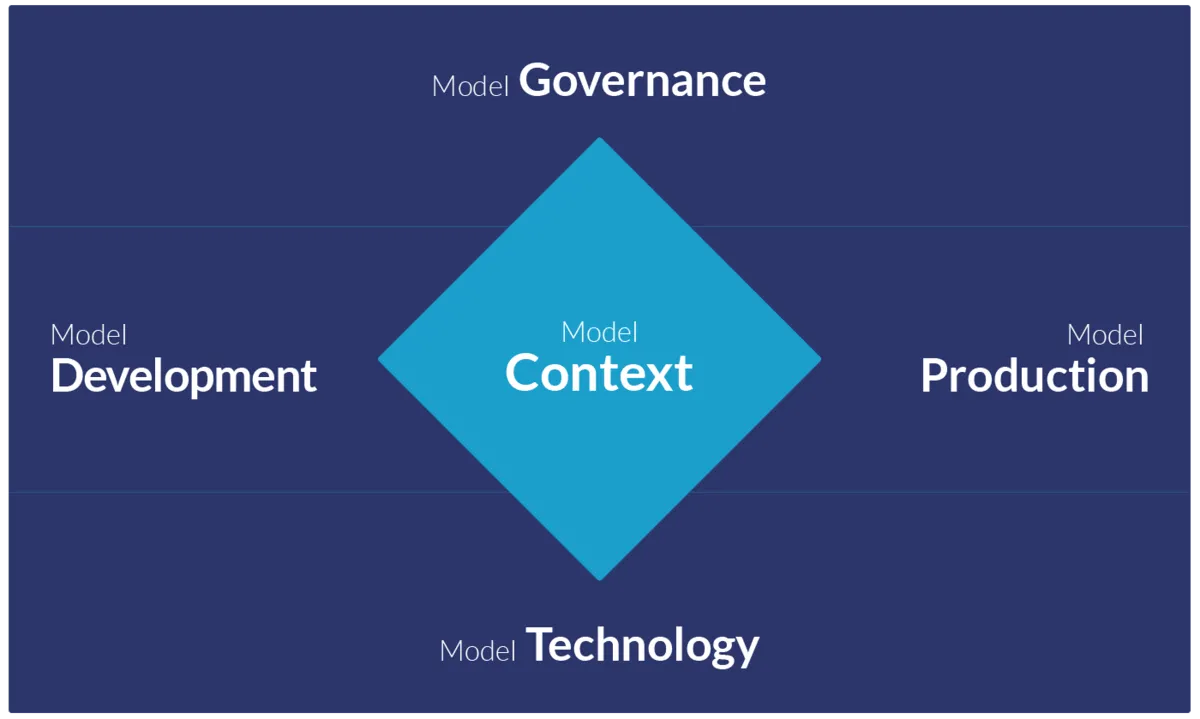What is Model Management
Model Management is a new category of technologies and processes that help organizations consistently and safely develop, validate, deliver, and monitor models that create a competitive advantage. Previously, model management referred just to monitoring production models, but we believe it should encompass a much broader capability.
Why Models are Important
Whether it’s called data science, machine learning, or AI, the atomic unit of this era is the model. Models drive new breakthroughs and operational improvements. The privileged few businesses that run on models are already ahead and accelerating. Everyone else faces an existential risk.
According to a recent McKinsey study, organizations that leveraged models extensively showed a 7.5% profit margin advantage over their peers, whereas those that did not use models had a 2.5% profit margin deficit compared to their peers.

Models are Different
Models involve code and data, but they are fundamentally different from software or data. The model myth is the misconception that because models involve code and data, you can treat them the same way you treat software or data. This myth holds us back from unlocking the full potential of models.
- Models use different materials.
- Models are built differently.
- Models behave differently.
Learn more about why models are different in the Model Management Whitepaper.
How Model Management Works
Model management has five key pillars. Each is necessary but insufficient in isolation to unlock the full power of models.

Model Technology encompasses the compute infrastructure and software tooling that gives data scientists the agility they need to develop and deploy innovative models.
Model Development allows data scientists to rapidly develop models, experiment collaboratively, and drive breakthrough research.
Model Production is how a data science team’s work is operationalized. How it goes from a cool project to a live model product integrated into business processes, affecting real decisions and driving real value.
Model Governance is how a company can keep a finger on the pulse of the activity and impact of data science work across its organization, to know what’s going on with projects, production models, and the underlying infrastructure supporting them.
Model Context is all the knowledge, insights, and artifacts that are generated while building or using models. This is often a company’s most valuable IP, and the ability to find, reuse, and build upon it is critical to driving rapid innovation.
How Model Management Affects Business
Leading organizations across industries are reaping the benefits of being model driven. Read how Moody’s Analytics put models at the core of its business.
Model Management Whitepaper
The Model Management whitepaper provides a framework to overcome the Model Myth and to build a model-driven business.
You’ll learn about defining a model, why models matter for businesses, why companies fall for the Model Myth, a framework for Model Management, and practical steps to get started.
